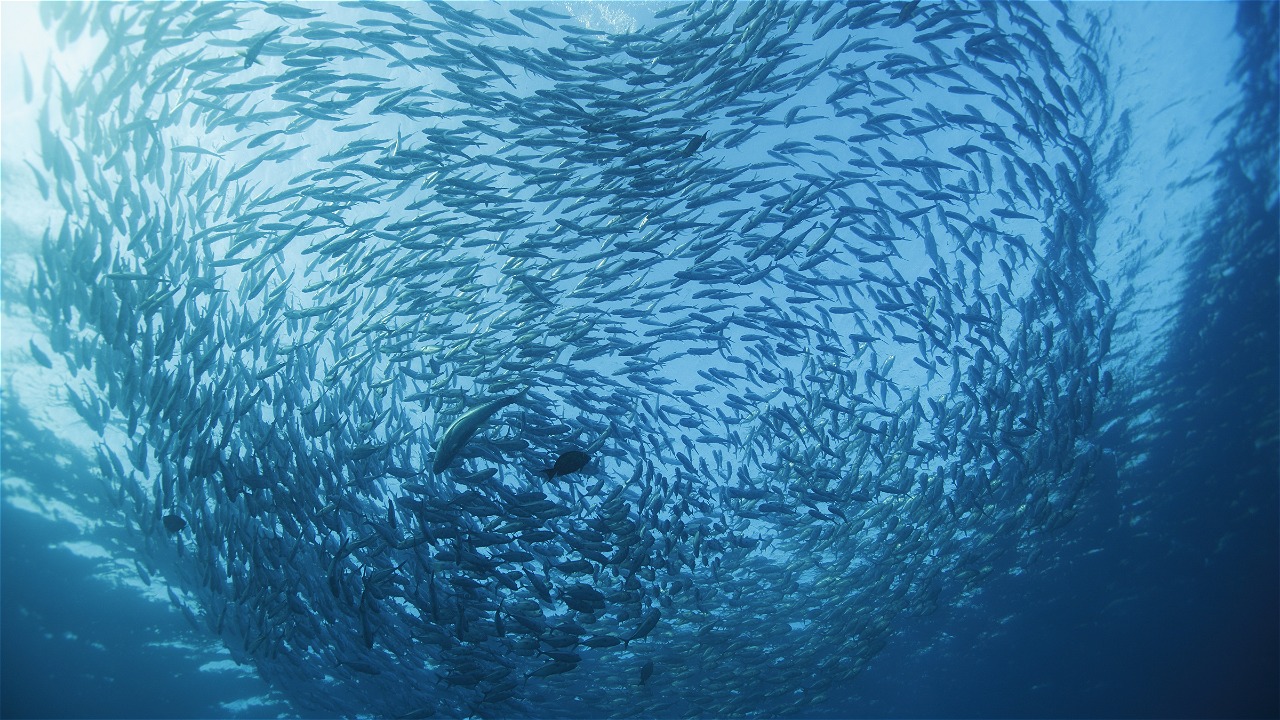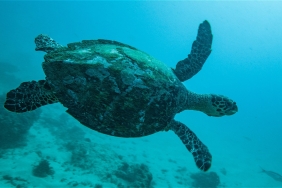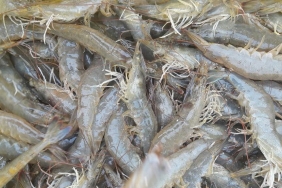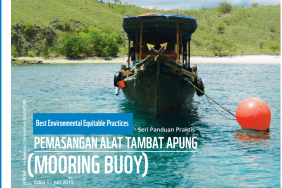SIGNING BLUE ROADSHOW IN BALI: AN EFFORT TO IMPROVE MARINE TOURISM INDUSTRY
By: Indarwati Aminuddin & Alexandra M. Waskita (Responsible Marine Tourism Program, WWF-Indonesia)
Indonesia owns the largest proportion of global biodiversity. Most tourists are attracted to Indonesia’s biodiversity and cultural diversity. For this reason, tourism can significantly contribute to environmental protection, conservation, and restoration of biological diversity as well as sustainable use of natural resources. Thus, tourism has the potential to increase public appreciation to the environment and spread awareness towards environmental problems. Tourism is capable to bring people closer to nature.
On October 14th, 2016, Signing Blue held a roadshow, attended by representatives of the 36 tourism players in Denpasar, Bali. The event took place at Sanur Paradise Hotel. “The conservancy would deliver a good cause for us,” said the Chairman of Indonesian Hotels and Restaurants Association (Perhimpunan Hotel dan Restoran Indonesia/ PHRI), Dr. Ir. Tjok Oka Artha Ardhana, when he opened the Signing Blue Roadshow. “Bali owns plenty potential and tourism destinations to be offered, including the wonderful natural resources and rich cultural heritages, but we need to look into the future and protect our environment for a better Bali,’ said Mr. Tjok.
According to Imam Musthofa, Fisheries and Sunda Banda Seascape (SBS) Leader of WWF-Indonesia, Indonesia appraises the implementation of sustainable and responsible principles which need to be applied by all parties in order to restore current natural conditions. Tourism is even demanded to become no longer massive and destructive, but sustainable and responsible instead. Tourists who come from all over the world see one certain thing: the environment will give better experience in its original and qualified condition, while the business will remain sustainable by conserving the nature. “Signing Blue Initiative is a platform that can use for promoting and monitoring the implementation of sustainable principles,” he said.
How can Signing Blue ensure the involvement of tourism providers in conservation efforts in Indonesia? Signing Blue requires private sectors to commit and implement the sustainable principles on their business operation. As an initiative of WWF-Indonesia, Signing Blue will give a credit for tourist, hotel, restaurant and tourism providers, who are committed to responsible tourism activities. Tourism providers are expected to support best practices and improvement towards a more sustainable activity.
As of October 2016, a total of nine of tourism providers in Indonesia, including recreational boats and dive operators, have signed as a Signing Blue member, and have committed to promote and implement tourism best practices. Signing Blue obligates its members to demonstrate their commitments on following sections: Environment, Socio-economic and cultural and Effective Management.
Signing Blue Initiative is consisted of several steps, including Entry Phase, Membership Phase, and Improvement Phase. After getting through the Entry Phase, members will have an access to be positioned in the “star fish” grading, which could show how sustain their tourism activity would be. Joint members are also provided to perform better and more sustainable program in order to be a part of Marine Tourism Improvement Program (MTIP).
During this event, WWF-Indonesia; PHRI; and Bali Tourism Board agreed to improve the quality of natural resources through Signing Blue mechanism. Signing Blue encourages tourism players in Bali for implement best practices in tourism fields. Through Signing Blue membership, tourism players have a chance to demonstrate their commitment and contribution to the nature and in other hand tourism players can use Signing Blue as a marketing tool in order to attract more consumers.
WWF-Indonesia hope that by joining this movement, more tourism providers; hotel; restaurants; and tourists could improve marine tourism industry in Bali and Indonesia, broadly. This field could work along while implementing better and more sustainable way in order to maintain and care what is being provided by nature.





